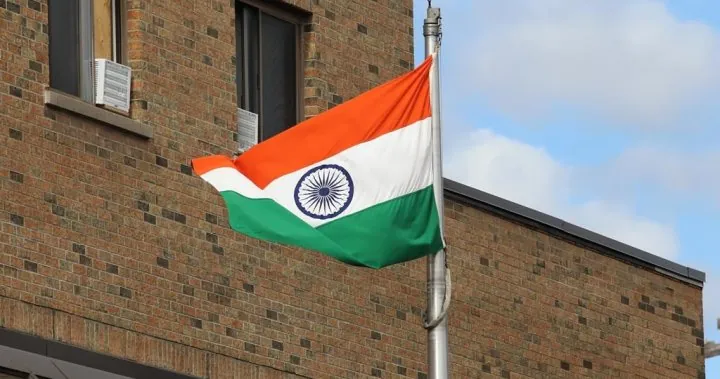
Diplomatic Tensions Escalate as India Expels Canadian Diplomats Amid Assassination Probe Controversy
2024-10-14
Author: Benjamin
In a dramatic escalation of diplomatic tensions, India has expelled six Canadian diplomats and withdrawn its own envoy from Canada, following Canada’s claims that several Indian officials are "persons of interest" in a serious investigation. This move marks a significant deterioration in relations between the two countries, which have been strained particularly since Canadian Prime Minister Justin Trudeau alleged Indian agents were linked to the assassination of a Sikh separatist leader on Canadian soil.
India's foreign ministry criticized the Canadian government's actions, labeling them as politically motivated and expressing a lack of confidence in Canada's commitment to ensure the safety of its diplomats. The ministry officially stated, "We have no faith in the current Canadian Government's commitment to ensure their security," prompting the swift decision to withdraw the High Commissioner and other officials.
Canadian officials assert that they possess credible evidence implicating Indian government agents in criminal activities within Canada, including involvement in the aforementioned assassination. In a statement, Canadian Charge d’Affaires Stewart Wheeler reiterated, "Canada has provided credible, irrefutable evidence of ties between agents of the Government of India and the murder of a Canadian citizen on Canadian soil."
Meanwhile, the Royal Canadian Mounted Police (RCMP) released information suggesting that Indian diplomats in Canada have engaged in clandestine operations targeting members of the South Asian community. Trudeau emphasized that these activities are deemed "unacceptable" and conformed to international law, stating, "We will never tolerate the involvement of a foreign government threatening and killing Canadian citizens on Canadian soil."
This recent expulsion comes as an urgent response from Canada after India declined to waive diplomatic immunity for six individuals, limiting the RCMP's ability to further investigate the allegations. Foreign Affairs Minister Melanie Joly described this step as one of the toughest measures a nation can enforce under the Vienna Convention.
Canadian officials have highlighted the gravity of these allegations, with British Columbia Premier David Eby expressing profound concern regarding the safety of the Sikh community, who may feel threatened amidst these troubling developments. The Premier assured that the RCMP would have the necessary resources to protect Canadian citizens from foreign interference.
Internationally, the implications of these accusations are significant. The U.S. has also pointed to Indian involvement in a purported assassination plot against a Sikh separatist leader in New York, further complicating diplomatic relations and raising questions about India's intent and activities abroad.
As both nations grapple with these serious accusations, the broader geopolitical landscape may shift, especially as Canada seeks to strengthen ties with India while countering growing Chinese influence. The fallout from this situation will likely be closely watched by international observers and may have enduring consequences for bilateral relationships.
The coming weeks will be pivotal as both India and Canada navigate these high-stakes diplomatic waters, raising urgent discussions about sovereignty, security, and the role of foreign governments within their borders. Stay tuned for more updates on this developing story that continues to captivate and alarm global audiences.
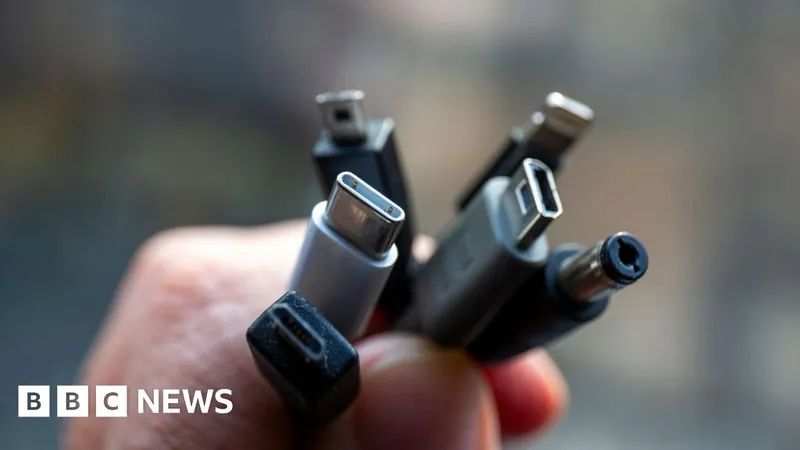
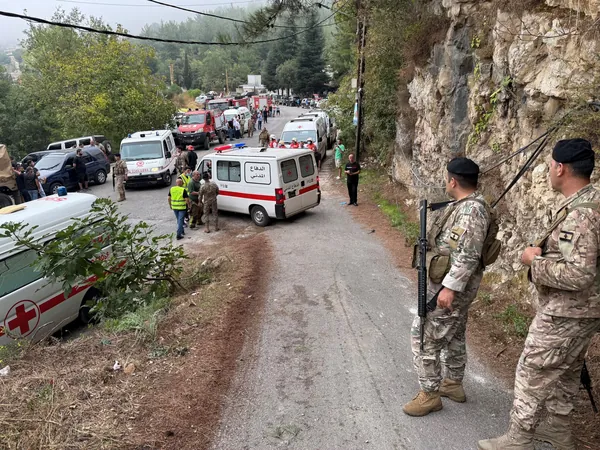
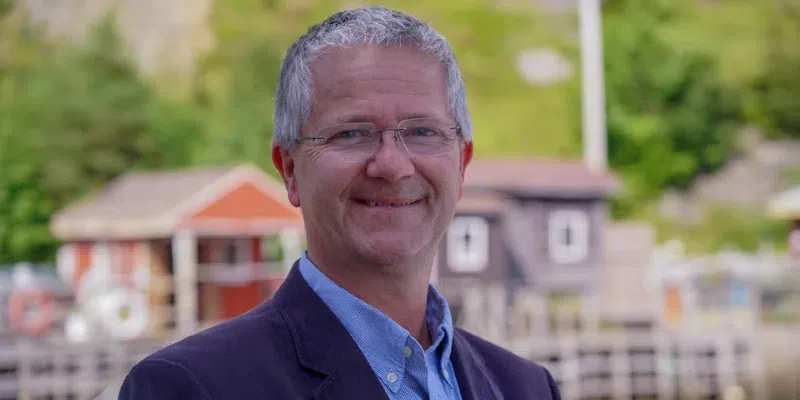

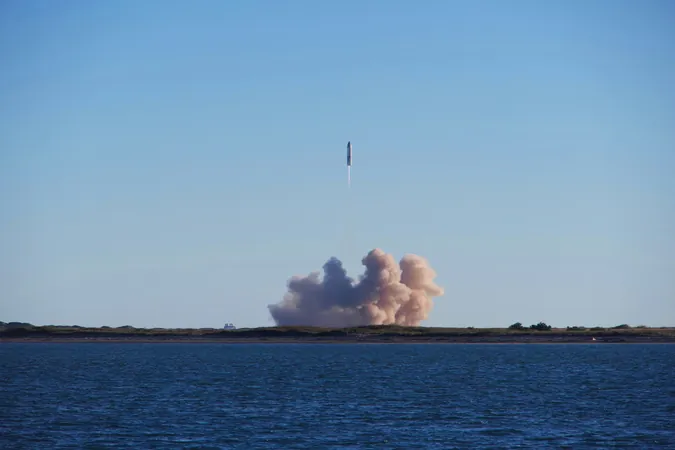
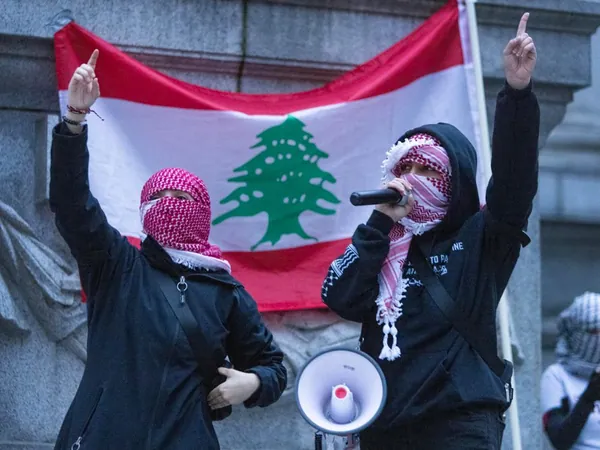
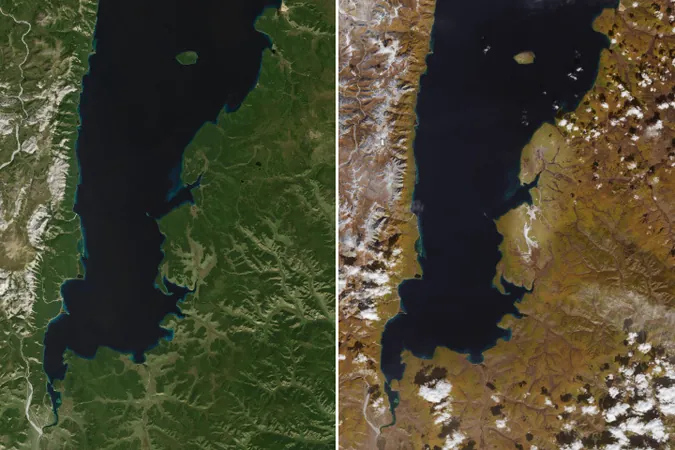


 Brasil (PT)
Brasil (PT)
 Canada (EN)
Canada (EN)
 Chile (ES)
Chile (ES)
 España (ES)
España (ES)
 France (FR)
France (FR)
 Hong Kong (EN)
Hong Kong (EN)
 Italia (IT)
Italia (IT)
 日本 (JA)
日本 (JA)
 Magyarország (HU)
Magyarország (HU)
 Norge (NO)
Norge (NO)
 Polska (PL)
Polska (PL)
 Schweiz (DE)
Schweiz (DE)
 Singapore (EN)
Singapore (EN)
 Sverige (SV)
Sverige (SV)
 Suomi (FI)
Suomi (FI)
 Türkiye (TR)
Türkiye (TR)